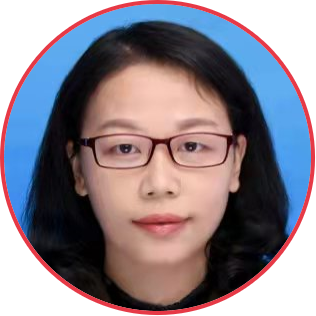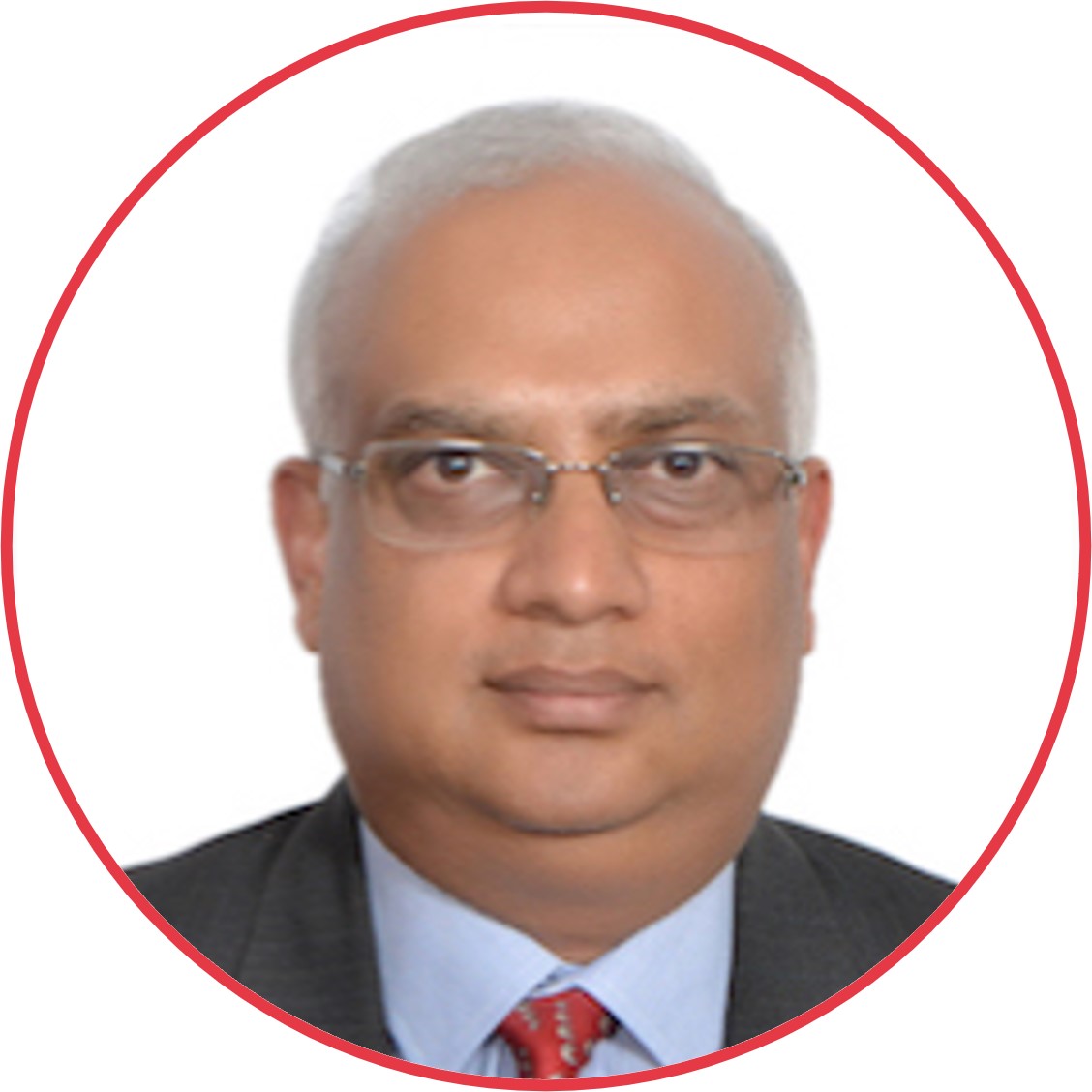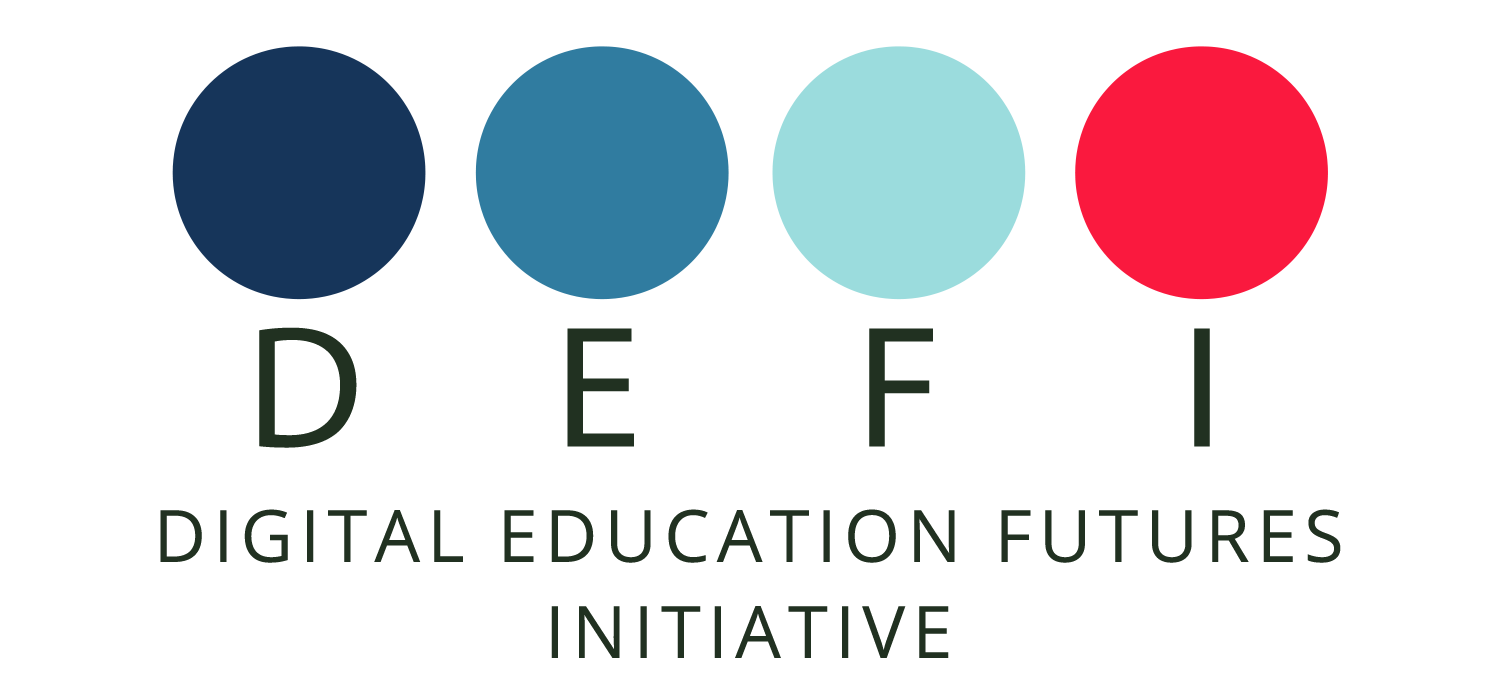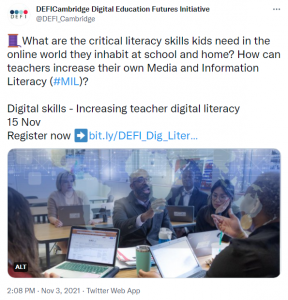0:13 Panellist introductions
2:10 Dr Sha Zhu – How to promote K-12 Students’ digital literacy?
14:06 Lloyd Jeeves – Cambridge Primary and Lower Secondary – Digital Literacy
25:58 Dr Laura Kerslake – Inquiring Learners
Questions and discussion:
38:24 Q1 – What kind of digital classroom should institutions have after the pandemic?
42:45 Q2 – The impact of screen use on children’s eyesight?
44:59 Q3 – Digital skills vs gaming and social media skills
47:22 Q4 – What digital literacy support is needed from policymakers?
51:15 Q5 – How does Cambridge International factor national policies into digital literacy?
53:56 Q6 – How can the interplay between schools and parents be enhanced?
1:04:11 Q7 – AI and other tools to identify and judge fake news
1:08:55 Q8 – Experience or research comparing students in traditional or digital environments
1:10:40 Q9 – Final comments from the panellists
As education systems and ministries around the world continue to adapt to the pandemic and its aftermath, it’s clear that digital educational technology (EdTech) is now embedded in mainstream education. This highlights the need for teachers to understand Media and Information Literacy (MIL) — the critical literacy skills that students need in order to negotiate the online world that they inhabit both at school and at home.
Teachers often struggle to implement EdTech in their classrooms and this has been exacerbated by the sudden need to use multiple platforms, interfaces, and modalities. This is especially true within classroom settings, where it’s often blended with traditional, paper-based methods. The challenge is to increase digital literacy across the teaching profession, in a way that embeds digital skills within professional development, rather than as an added requirement.
DEFI and the Cambridge Partnership for Education joined together for this signature event, where we explored:
- Ways of operationalising digital literacy and MIL in education and education-reform spaces
- Different approaches needed across rural/urban and digital divides
- The role of MIL in combating the circulation of digital misinformation, from primary school upwards.
- New pedagogies that can increase digital literacy and skills development
- Challenges and barriers to implementing new professional development
Event partners:

Panellists

Laura Kerslake, Ph.D.
Dialogic education, University of Cambridge

Dr Sha Zhu
Lecturer, Faculty of AI in Education, Central China Normal University

Lloyd Jeeves
Curriculum Development Manager, Cambridge Assessment Int'l Ed.
Moderator

Shashank Vira
Managing Partner, The Hearth Advisors
Twitter brochure
About the panellists
Dr Laura Kerslake
About Laura:
Laura Kerslake has recently completed her PhD in dialogic education at the University of Cambridge. She works on the Inquiring Science project, developing innovative resources to teach children to think and talk like scientists. She is interested in how dialogic education can help children to navigate the online world, particularly with regard to fake news. Laura has a background as a teacher and regularly carries out Philosophy with Children work in schools.
Dr Sha Zhu
About Dr. Zhu
Dr Sha Zhu is a lecturer of the Faculty of Artificial Intelligence in Education of Central China Normal University, China. Her research interests focus on digital literacy, performance evaluation of e-learning, and educational data mining. She published about 20 articles on digital literacy. She was approved as the head of a youth project of the National Natural Science Foundation of China in 2021: “Research on accurate evaluation of students’ higher-order thinking skills of Digital literacy based on evidence reasoning and epistemic network analysis”.
Asbstract:
In order to provide insights on improving primary and secondary students’ digital literacy, our research team conducted several empirical studies on the key factors influencing students’ digital literacy from the aspects of students, teachers, parents and schools. The research findings include: 1) possessing higher levels of ICT self-efficacy or ICT interest was related to students’ higher levels of digital literacy; 2) parents’ ICT usage and ICT interest, as well as teachers’ technology (ICT) usage and ICT interest, as well as teachers’ ICT self-efficacy and collaborative ICT usage were positive determinants of students’ digital literacy; 2) students whose parents with higher ICT proficiency level tended to perform better on digital literacy than others;3) students of schools with high informatization level tended to perform better in the digital literacy test than those of schools with low informatization level. Based on the findings, we proposed several implications and strategies for enhancing students’ digital literacy.
Lloyd Jeeves
About Lloyd:
Lloyd is a Curriculum Development Manager at Cambridge Assessment International Education, where he works on curriculum projects involving computing/digital literacy. He collaborated on the Cambridge Primary and Lower Secondary Digital Literacy curriculum and support materials and led the very recent Computing curriculum and support materials, launched in September 2021.
Shashank Vira
About Shashank:
Shashank is an entrepreneur, educator, and social infrastructure financier, with three decades of experience. He has been the CEO of international companies, led private equity investments and debt financing of education, established several high quality international academic institutions, master planned and overseen the development of townships and founded technology-in-education companies.
Prior to The Hearth Advisors, Shashank was the Managing Director of the European family office and fund, Copper Beech. Before that, he established a chain of high-quality international schools. He spent several years developing education infrastructure, social-sector financing and technology, including being Sector Head at the Infrastructure Development Finance Company, and being Head of Schoolnet Research. He has a deep involvement with curriculum development and examinations in India, having been Head of Research, Development & Consultancy at the Council for the Indian School Certificate Examinations. He has taught at the Doon School, Wellington College UK, Lady Shriram College and SOIL, and been a Visiting Scholar at the University of Cambridge.
Shashank has been closely associated with curriculum reform and pedagogical innovations at the high school and undergraduate university levels in India and the UK. He has advised MHRD (Govt. of India), CISCE and CBSE, the Commonwealth of Learning, Cambridge Assessment, the International Baccalaureate Organisation, the World Bank, ILO and IFC (W). He has led the design of new university departments and curricula, including setting up innovative schools and universities and designing an international undergraduate level Liberal Arts programme.



